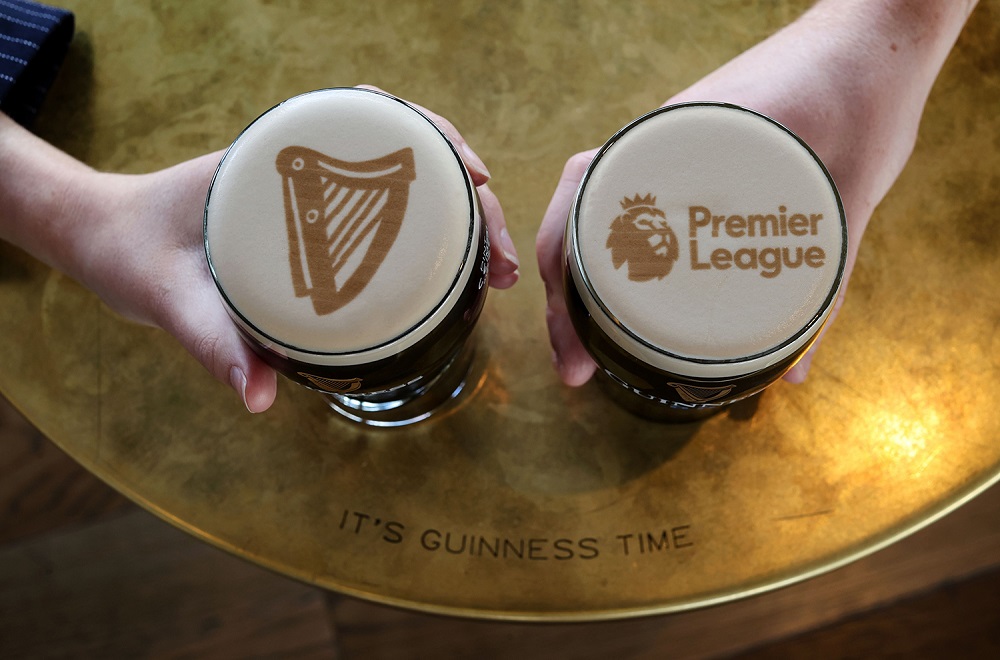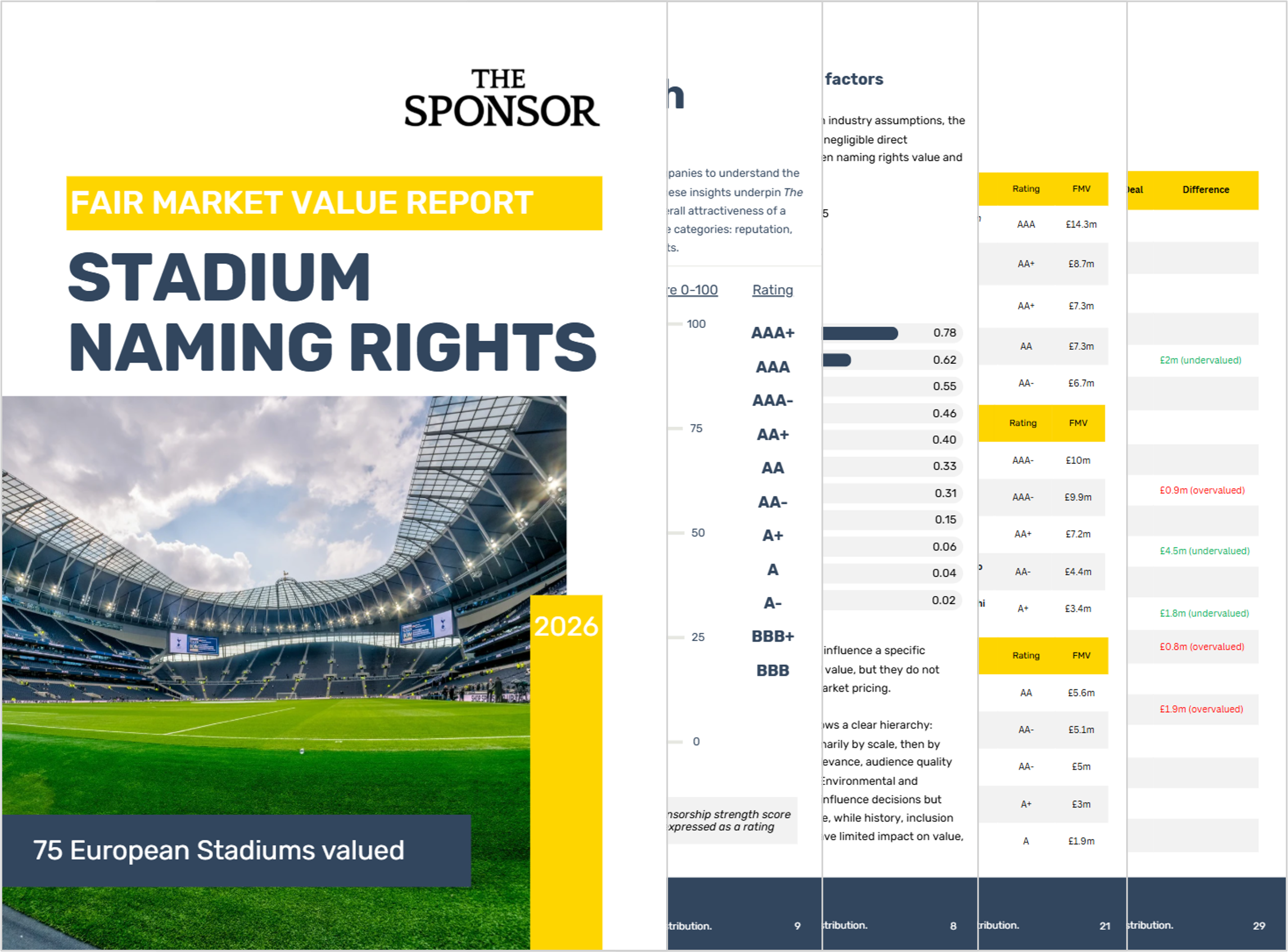Why am I seeing Guinness everywhere in football?

Guinness’s recent surge into club football, with new deals expected in quick succession with Arsenal and Newcastle United, follows their 2024 appointment as the Official Beer Sponsor of the Premier League. These aren’t isolated moments of opportunism, but part of a much broader, deliberate brand strategy. What we’re witnessing is Guinness using football as a platform to embed itself deeper into cultural rituals, both locally and globally.
The stout brand’s current approach to the league mirrors, in some respects, what Carling once achieved with the League Cup in the 2000s: becoming synonymous with a competition through repeated visibility and emotional familiarity. But Guinness are aiming wider: not just one tournament, but the game itself, via the clubs it's composed of.






